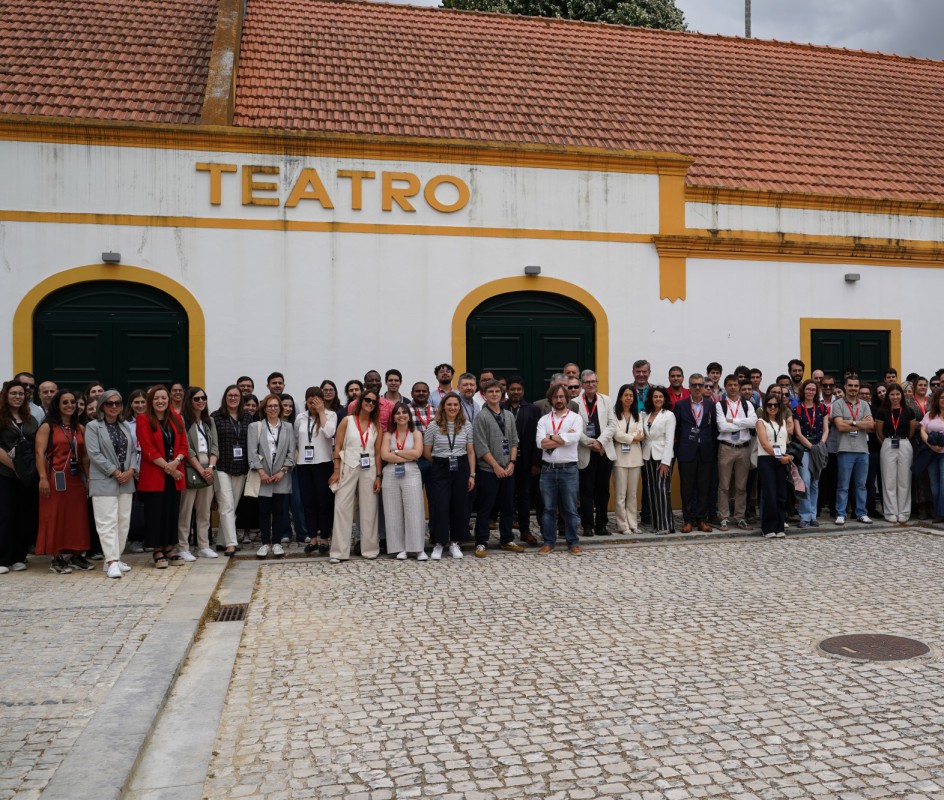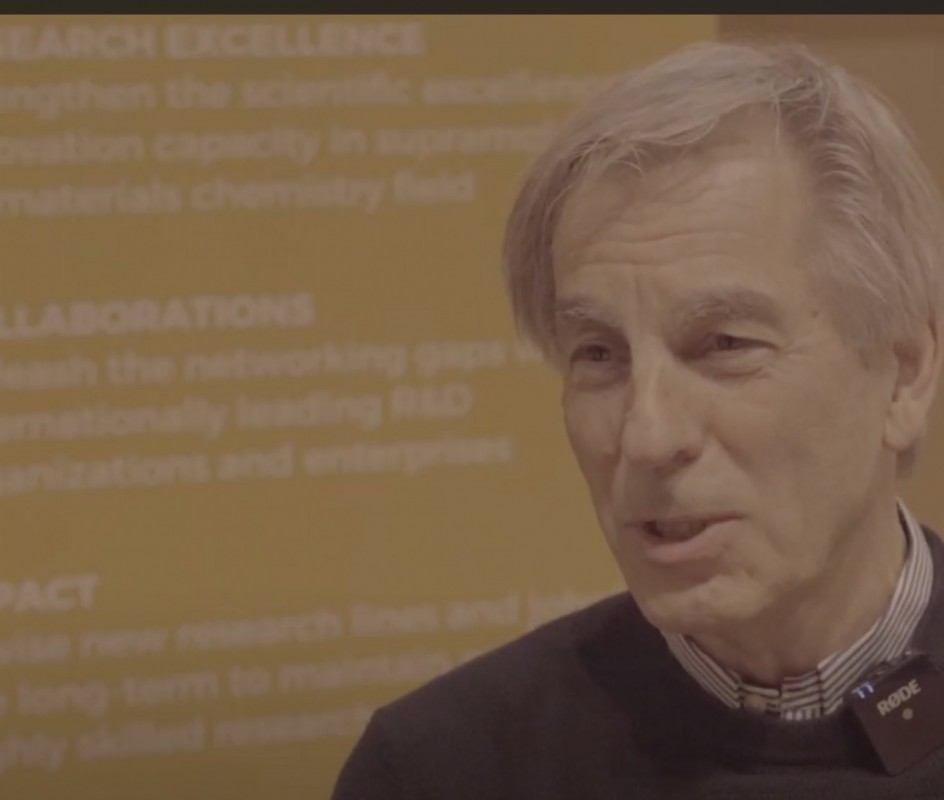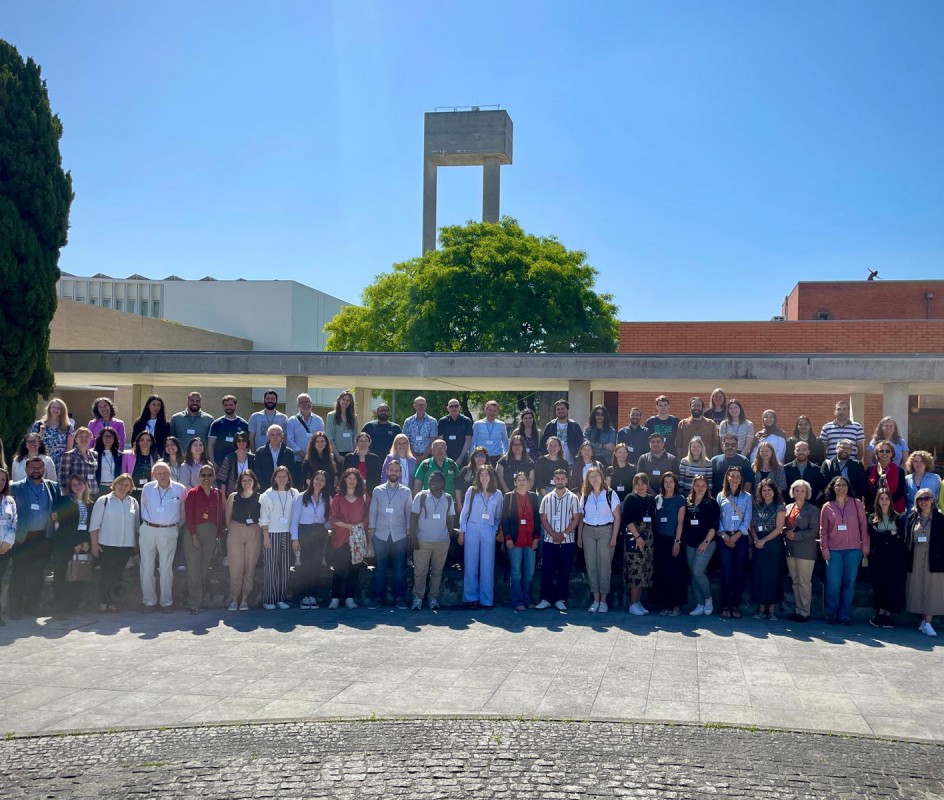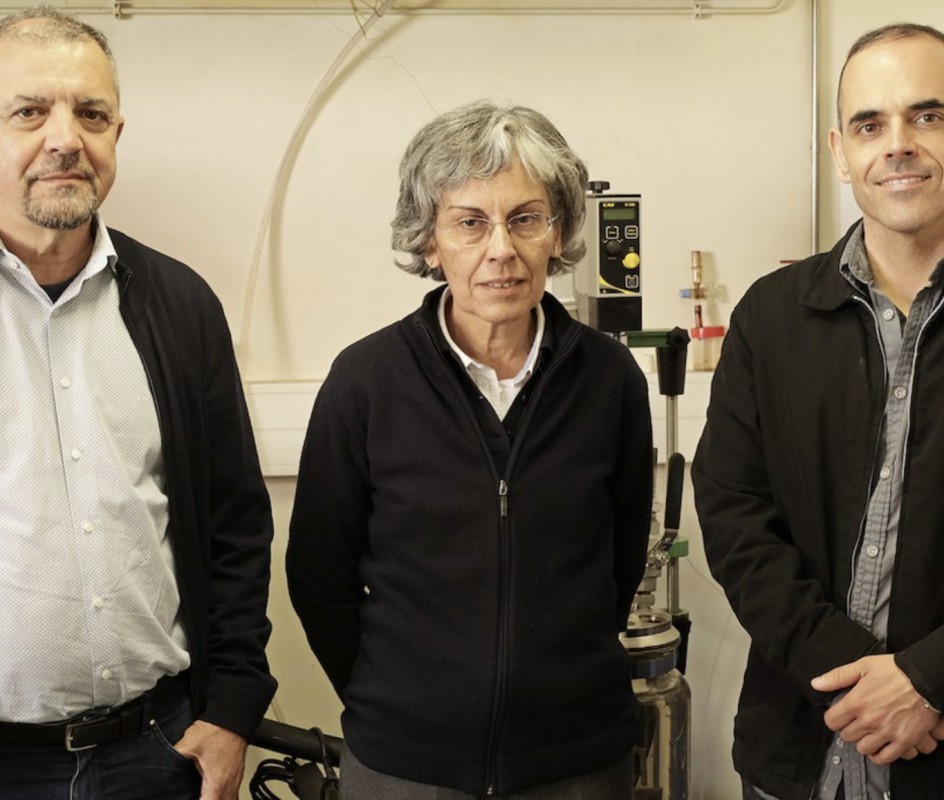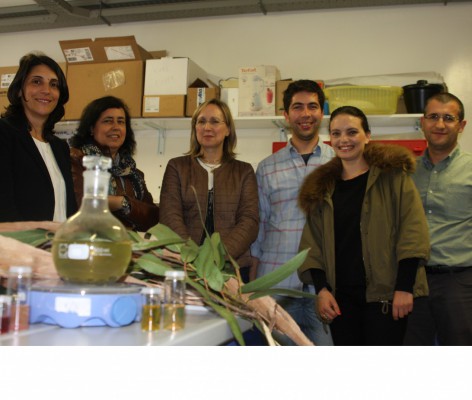
A research team at the University of Aveiro (UA), composed from CICECO, QOPNA and TEMA researchers uncovered some essential aspects of the mechanism of the synthesis of metal nanoparticles using plant extracts as reducing and stabilizing agents. The new methodology can be used with a wide variety of plant extracts, has low production cost and allows recovery of the waste from food processing and agro-forestry industry.
Therefore, researchers ensure that the use of extracts of plants or biomass residues is an alternative to conventional strategies for the synthesis of nanoparticles which involve hazardous reagents that represent high risks to the environment and to human health.
"The chemical methods currently used for the synthesis of metallic nanoparticles in colloidal solutions, which allow precise control of size and morphology, are usually based on the use of reducing agents such as hydrazine, sodium borohydride or N, N-dimethylformamide, typically associated with high risks to the environment and to human health, "says Carmen Freire, a researcher at the CICECO - Aveiro Institute of Materials. This problem, says the coordinator of the study, "is particularly relevant when we think of industrial production in which are used high amounts of these toxic substances."
In the case of using plant extracts or agroforestry residues and food processing industry, Carmen Freire points, "these risks do not exist since these extracts do not pose any environmental risk." Another major advantage found is that "the method can be easily introduced in the industry which produces these nanoparticles because it involves no special equipment and it is quite simple".
The area of nanotechnology, including the development and production of nanoparticles with specific sizes and morphologies, is currently one of the areas of major importance due to the numerous applications of such materials as sensors, pigments, smart textiles, fuel cells, functional packaging controlled release of drugs, antimicrobial materials, biomarkers, among many others.
The conclusions reached by the research work, which in addition to Carmen Freire involved the work of the researchers Ricardo Pinto (CICECO), Sónia Santos (CICECO), Paula Marques (TEMA), Sílvia Rocha (QOPNA), Carlos Pascoal Neto (CICECO) e Armando Silvestre (CICECO), can be extrapolated to a wide range of natural extracts. In this perspective, the team believes, these results can be a driving force for the optimization of green synthesis of metal nanoparticles in order to obtain an increasingly effective control of their properties.
Related Articles
We use cookies for marketing activities and to offer you a better experience. By clicking “Accept Cookies” you agree with our cookie policy. Read about how we use cookies by clicking "Privacy and Cookie Policy".



